Content from the Brookings Doha Center is now archived. In September 2021, after 14 years of impactful partnership, Brookings and the Brookings Doha Center announced that they were ending their affiliation. The Brookings Doha Center is now the Middle East Council on Global Affairs, a separate public policy institution based in Qatar.
Gulf states bar travel, suspend flights due to coronavirus
Saudi Arabia barred its citizens and residents on February 6 from traveling to China amid the coronavirus outbreak. The country’s flagship national carrier, Saudia, had previously joined other major airlines in suspending flights to China. On February 27, the country closed its borders to foreign “umrah” pilgrims and to tourists from at least 25 countries where the new virus had been found.
The United Arab Emirates (UAE) announced on February 3 the suspension of all flights to and from China, excluding Beijing. On February 25, the country suspended all flights to and from Iran due to the spread of the coronavirus in the Islamic Republic.
Kuwait’s civil aviation authority announced on February 24 and 25 that it had suspended all flights with Singapore, Japan, South Korea, Iran, Thailand, Italy, and Iraq over coronavirus fears. The country called on its citizens on February 29 to avoid traveling.
Bahrain’s Civil Aviation Affairs (CAA) announced on February 27 that flights to and from Iraq and Lebanon had been stopped until further notice.
Talks between Saudi Arabia, Qatar said to have broken down
Talks between Saudi Arabia and Qatar to resolve a bitter Gulf dispute broke down soon after starting, six sources said on February 11, leaving in place a political and trade embargo of Doha that hampers joint Gulf Arab efforts to counter Iran.
Qatar’s priority in the discussions was to restore free movement for its citizens to the boycotting nations, access the airspace of those countries, and reopen its only land border, which is shared with Saudi Arabia. However, Riyadh wanted Qatar to first demonstrate a fundamental change in its foreign policy, which has seen Doha back opposing sides in several regional conflicts.
Saudi court sentences Eight citizens on spying charges
A court in Saudi Arabia has sentenced one Saudi citizen to death and seven others to jail on charges of treason and spying for Iran, Saudi state television tweeted on February 23. The seven sentenced to jail were found to have “associated and cooperated with people working in the Iranian embassy,” the broadcaster tweeted.
Law firm asks countries to arrest UAE officials for Yemen war crimes
A British law firm filed requests on February 12 with authorities in Britain, the United States, and Turkey to arrest senior officials from the UAE on suspicion of carrying out war crimes and torture in Yemen. The complaints were filed by law firm Stoke White under the “universal jurisdiction” principle, which stipulates that countries are obliged to investigate war crimes wherever they may have been carried out.
UAE issues operating license for nuclear plant
The UAE has issued an operating license for the Arab world’s first nuclear power plant, a senior official at the nuclear regulator said on February 17, paving the way for it to start production later this year. The multi-billion-dollar Barakah nuclear power plant in Abu Dhabi, which is being built by the Korea Electric Power Corporation (KEPCO), was originally due to open in 2017, but the start-up of its first reactor has been delayed several times.
Postal services resume between Qatar, UAE
The UAE resumed indirect postal services to Qatar on February 9, nearly three years after they were suspended due to the Gulf crisis. The move came after the U.N. Universal Postal Union (UPU) held a meeting with postal representatives from Qatar and the four boycotting nations at UPU headquarters in Switzerland on January 29 to discuss how to improve ties.
Post still cannot be sent to Qatar from Egypt or Saudi Arabia, according to customer service phone-lines run by those countries. Bahrain Post did not respond to a request for comment.

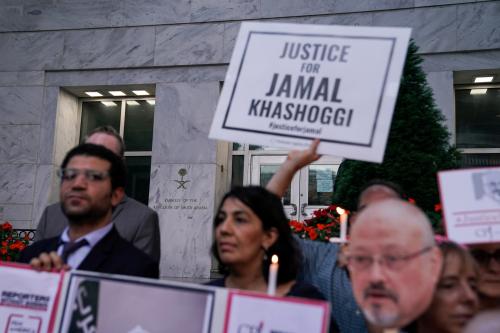
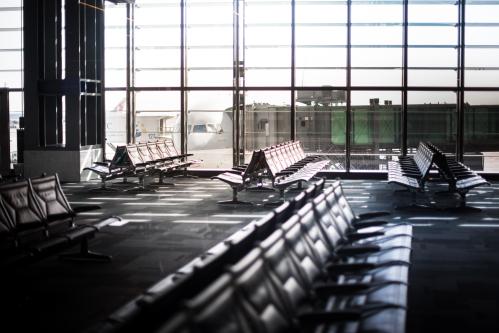


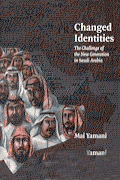
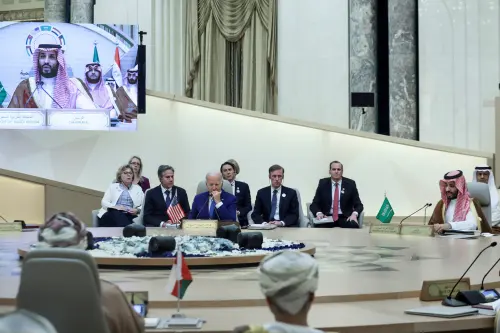
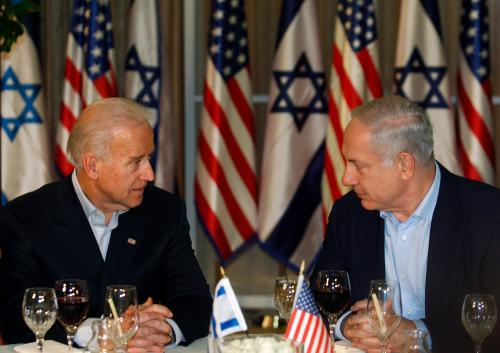
Commentary
GCC News Roundup: Coronavirus affects travel in the Gulf, Qatar-Saudi talks end. (February 1-29)
March 5, 2020